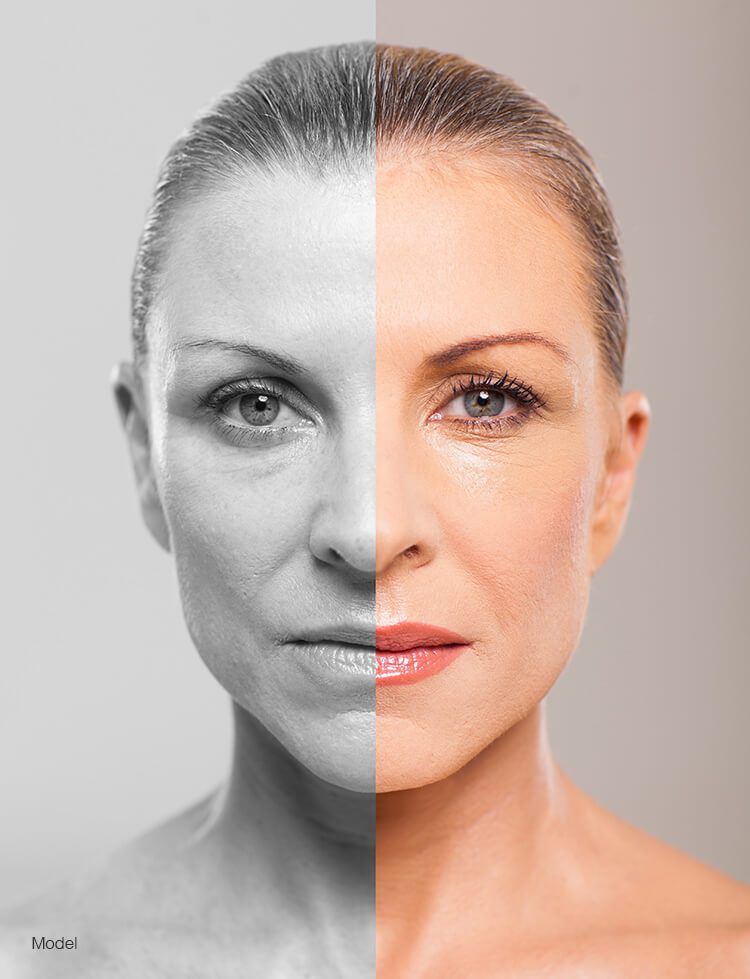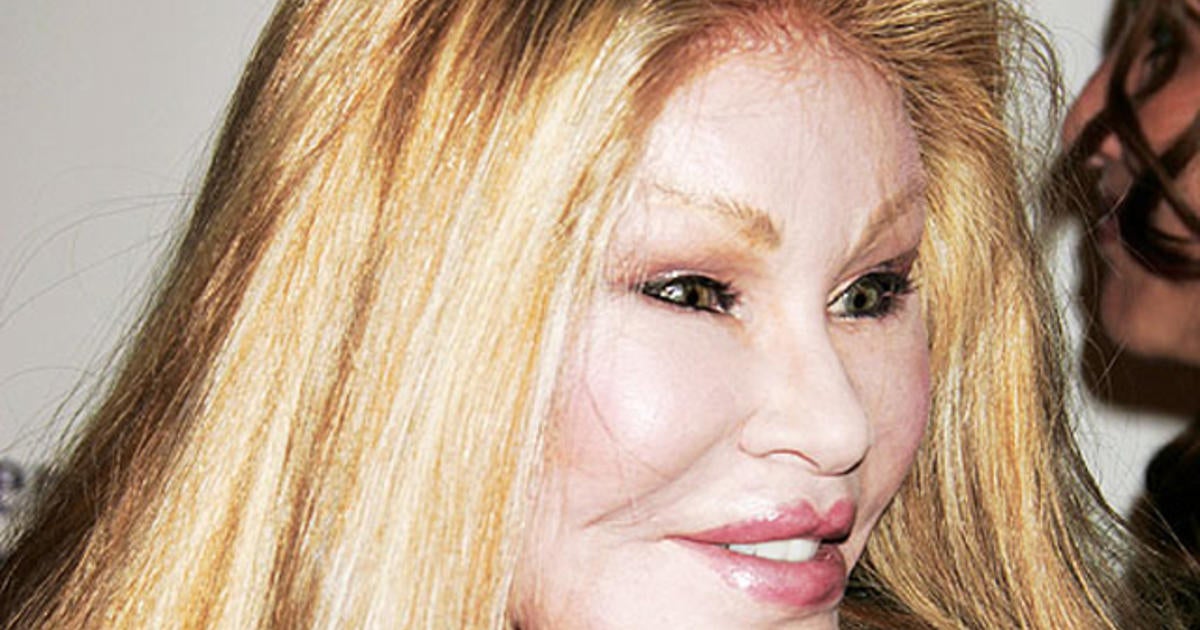Facelift Rancho Cucamonga: Reverse the Clock with Advanced Anti-Aging Solutions
Facelift Rancho Cucamonga: Reverse the Clock with Advanced Anti-Aging Solutions
Blog Article
Exploring the Emotional and Social Variables That Drive People to Consider Aesthetic Surgery as a way of Renovation
The choice to go after plastic surgery commonly prolongs beyond mere appearances, intertwining with social and mental characteristics that warrant extensive assessment. Elements such as self-esteem, prevalent social beauty standards, and the pervasive impact of social networks merge to shape individual inspirations for surgical enhancement. As these impacts end up being increasingly prominent, comprehending the underlying emotional and cultural contexts is crucial. What stays to be checked out is the extensive effect these factors have not only on individual identification however also on wider social norms and worths surrounding beauty and acceptance.
The Function of Self-worth
Self-esteem significantly affects a person's decision to go after plastic surgery. People with low self-confidence typically view themselves in a negative light, bring about sensations of inadequacy regarding their physical look. This negative self-perception can drive them to seek surgical interventions as a method of enhancing their self-image. The wish for renovation in one's look is often connected to a belief that such changes will raise their general self-regard and self-confidence.

Ultimately, the role of self-esteem in the decision-making procedure relating to plastic surgery highlights the intricate interplay in between body picture, individual fulfillment, and psychological health and wellness. Understanding this relationship is vital for medical care specialists to make sure that people are making educated decisions rooted in reasonable expectations and psychological health.
Social Charm Criteria
Influenced by prevalent media representations and social narratives, social appeal requirements play a crucial duty fit individuals' assumptions of their very own bodies. These criteria are commonly identified by an idealized kind of appeal that highlights traits such as slimness, balance, and youthful vigor. As these perfects are perpetuated with different channels, including movie, advertising, and tv, individuals frequently internalize these messages, causing discontentment with their all-natural appearance.
The effects of these societal standards extend past aesthetic choices; they can impact self-worth, mental wellness, and social partnerships. Individuals who regard themselves as disappointing these standards might experience feelings of inadequacy, triggering a wish for plastic surgery as a way of accomplishing social authorization. This quest is typically sustained by the idea that satisfying these suitables will certainly enhance not only physical appearance however additionally social standing and personal satisfaction.

Impact of Social Network
The effect of social appeal standards is additional magnified by the surge of social media platforms, where curated pictures and idealized depictions of appeal are common. Individuals are constantly exposed to filtered and edited photos, which commonly depict unattainable physical characteristics. This exposure cultivates a culture of contrast, leading individuals to assess their very own look versus these often unrealistic criteria.
Social network influencers and stars frequently promote cosmetic procedures, stabilizing the idea that medical enhancements are a sensible means for attaining social perfects (plastic surgery rancho cucamonga). The exposure of these improvements can develop an understanding that undergoing plastic surgery is a typical technique, therefore affecting people to think about similar interventions as a pathway to enhanced self-esteem and social approval
In addition, the interactive nature of social media sites permits for instant feedback with likes and comments, better reinforcing the wish to comply with popular charm requirements. Such communications can intensify sensations of insufficiency and drive individuals towards cosmetic surgical procedure as a way of acquiring validation. Inevitably, social media sites plays a crucial duty in forming assumptions of charm, which substantially influences the decision-making processes surrounding cosmetic special info surgery.

Cultural Perspectives on Appearance
Throughout numerous societies, perceptions of look are deeply rooted in historic, social, and financial contexts, forming individuals' sights on elegance and value. In several cultures, appearance functions as a considerable marker of identification, influencing social standing, professional possibilities, and personal connections. For instance, in some cultures, light skin is typically linked with riches and benefit, while others might idealize darker skin tones as signs of stamina and authenticity.
Furthermore, typical appeal criteria are often bolstered through social narratives, media representations, and family members affects, causing differing suitables throughout various areas (plastic surgery rancho cucamonga). In Western cultures, the focus on young people and physical conditioning often drives individuals towards aesthetic improvement, while in specific Eastern cultures, even more refined adjustments straightened with traditional visual appeals may be favored
Globalization and the proliferation of electronic media have actually better made complex these characteristics, developing a hybridization of elegance ideals that transcends geographical borders. As people significantly navigate these social narratives, the stress to adapt to certain appearance criteria can bring about the need for plastic surgery, reflecting a complex interplay of cultural worths and individual goals. Recognizing these social point of views is crucial in addressing the inspirations behind cosmetic surgical treatment considerations.
Psychological Impacts of Aesthetic Surgical Treatment
Many people seeking plastic surgery report experiencing extensive emotional impacts that can dramatically change their self-perception and emotional health - plastic surgery rancho cucamonga. The desire for physical enhancement often originates from underlying issues such as low self-confidence, body dysmorphic problem, or social pressures regarding elegance standards. For some, the prompt post-operative phase can cause a momentary increase in positive self-image and fulfillment with their appearance, promoting a feeling of empowerment
Nonetheless, these favorable feelings might not be sustaining. Research indicates that while some people experience improved self-esteem, others might encounter elevated stress and anxiety or depression if their expectations are not met. This disparity can develop from unrealistic suitables continued by media representation and social narratives bordering charm.
Moreover, the psychological implications of cosmetic surgical procedure extend past the individual. Relationships with friends and family may be stressed as social dynamics change, causing feelings of seclusion or alienation. Inevitably, the emotional influences of cosmetic surgical treatment are complex and complex, needing mindful factor to consider by both prospective clients and medical care carriers to guarantee enlightened decision-making and reasonable expectations.
Verdict
Finally, the decision link to go after cosmetic surgery is dramatically influenced by a combination of self-confidence issues, social beauty criteria, and social point of views on look. The prevalent reach of social media sites even more intensifies these stress, promoting unrealistic suitables that individuals commonly strive to achieve. Comprehending these social and emotional aspects is necessary for dealing with the motivations behind plastic surgery, highlighting the demand for a much more nuanced conversation surrounding appeal and self-acceptance in modern society.
The decision to pursue cosmetic surgery frequently prolongs beyond mere visual appeals, intertwining with mental and social characteristics that merit complete assessment. Eventually, social media plays an essential duty in forming perceptions of beauty, which significantly influences the decision-making processes surrounding cosmetic surgery.
As people significantly navigate these cultural stories, the stress to adhere to specific look requirements can lead to the desire for cosmetic surgical treatment, reflecting an intricate interaction of personal desires and cultural worths.In final thought, the decision to pursue cosmetic surgical procedure is substantially influenced by a mix of self-esteem concerns, social appeal standards, and social perspectives on look. Understanding these social and emotional elements is essential for resolving the motivations behind cosmetic surgical procedure, highlighting the requirement for a much more nuanced discussion bordering elegance and self-acceptance anchor in contemporary society.
Report this page